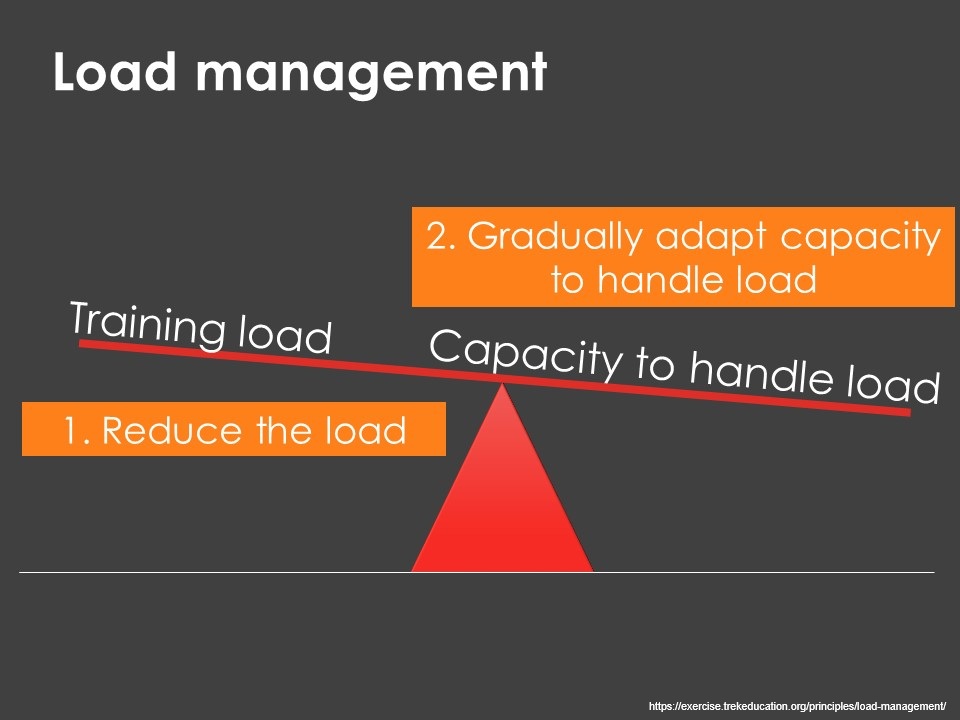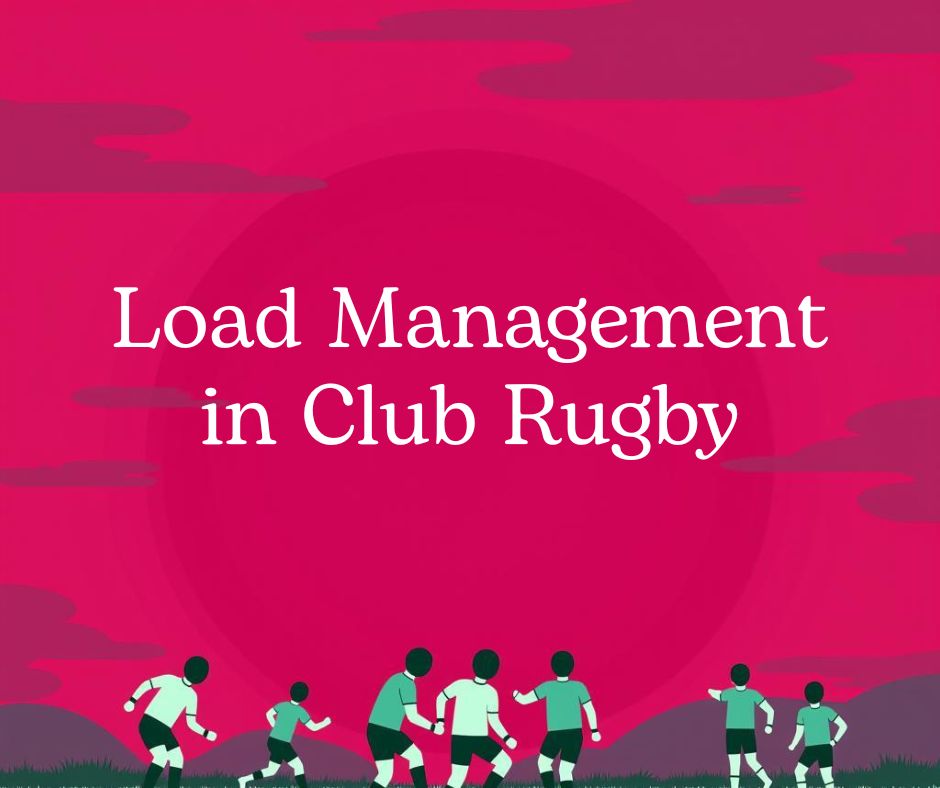In club and schoolboy rugby, where players juggle academics, jobs, or life responsibilities with intense weekly fixtures, load management isn’t a luxury — it’s a necessity.
At WJK Coaching, we believe in a science-backed approach to training, one that protects our players, preserves performance, and builds long-term development. Overtraining doesn’t just burn out bodies — it kills passion. And when passion dies, talent follows.
Let’s break it down.

What Is Load Management?
In simple terms, load management is about balancing the amount of physical stress a player takes on through training and matches, with enough recovery to avoid injury, illness, and burnout.
It’s not about doing less. It’s about doing just enough, and doing it smart.
Why It Matters in Grassroots Rugby
Most club players don’t have access to ice baths, massage therapists, or GPS trackers. That’s okay. What they do have is their body’s own feedback. And if we know how to listen, we can train smarter and safer.
Overtraining can lead to:
- Chronic fatigue
- Poor match performance
- Increased injury risk
- Mood swings and demotivation
- Loss of appetite or sleep
- Mental burnout
It creeps in slowly and often gets misread as “laziness” or “lack of commitment”. Truth is, it’s the body waving a red flag.
3 Simple Metrics Every Coach Can Use
Here’s how we at WJK Coaching guide our club and school players using basic, no-tech tools:
1. Rate of Perceived Exertion (RPE)
Ask players to rate how hard a session felt, on a scale of 1 (very light) to 10 (max effort).
Then multiply the score by the session time in minutes.
That gives you a session load score.
Example: A 90-minute session at RPE 7 = 630 load units.
Track this weekly. If scores spike too quickly, back off and recover.
2. Sleep Quality
Ask players:
- How many hours did you sleep last night?
- Was it restful or broken?
Players consistently reporting poor sleep are often on the edge of overtraining or stress.
3. Mood Check-ins
Mood affects effort. Start training with a quick “How’s your headspace today?”
- Green = feeling good
- Orange = tired/stressed
- Red = not coping
This lets coaches adapt on the fly. Sometimes a player needs drills. Other times, just a chat and a lighter session.
Signs You’re Pushing Players Too Hard
Watch for these red flags:
- Players start skipping training
- Team vibe is low or negative
- Matchday performance drops suddenly
- Injuries start creeping in — especially soft tissue
- Players withdraw or stop communicating
In those moments, remember: Less can be more. A lighter week may set you up for a stronger match weekend.
The WJK Coaching Way
At WJK Coaching, we’re shifting the grassroots mindset from “train harder” to “train smarter”. We educate both players and coaches about recovery, rest, and real-world performance science.
It’s not about doing what the pros do — it’s about adapting principles to fit the local context.
Final Thoughts
Your job as a coach isn’t to break players. It’s to build them — physically, mentally, and emotionally. Load management is one of the most powerful tools in your toolbox.
So when your gut says, “They need more”, stop and ask: “Do they really? Or do they need better?”
Remember: Every strong season starts with a smart plan.
If you’re a coach or player looking for help building a load management system for your team, get in touch with the WJK Coaching team. Let’s build sustainable success, one smart session at a time.
“Amat Victoria Curam – Victory loves preparation.”
#GrassrootsRugby #WJKCoaching #LoadManagement #TrainSmart #CoachWilburLegacy

Comments are closed